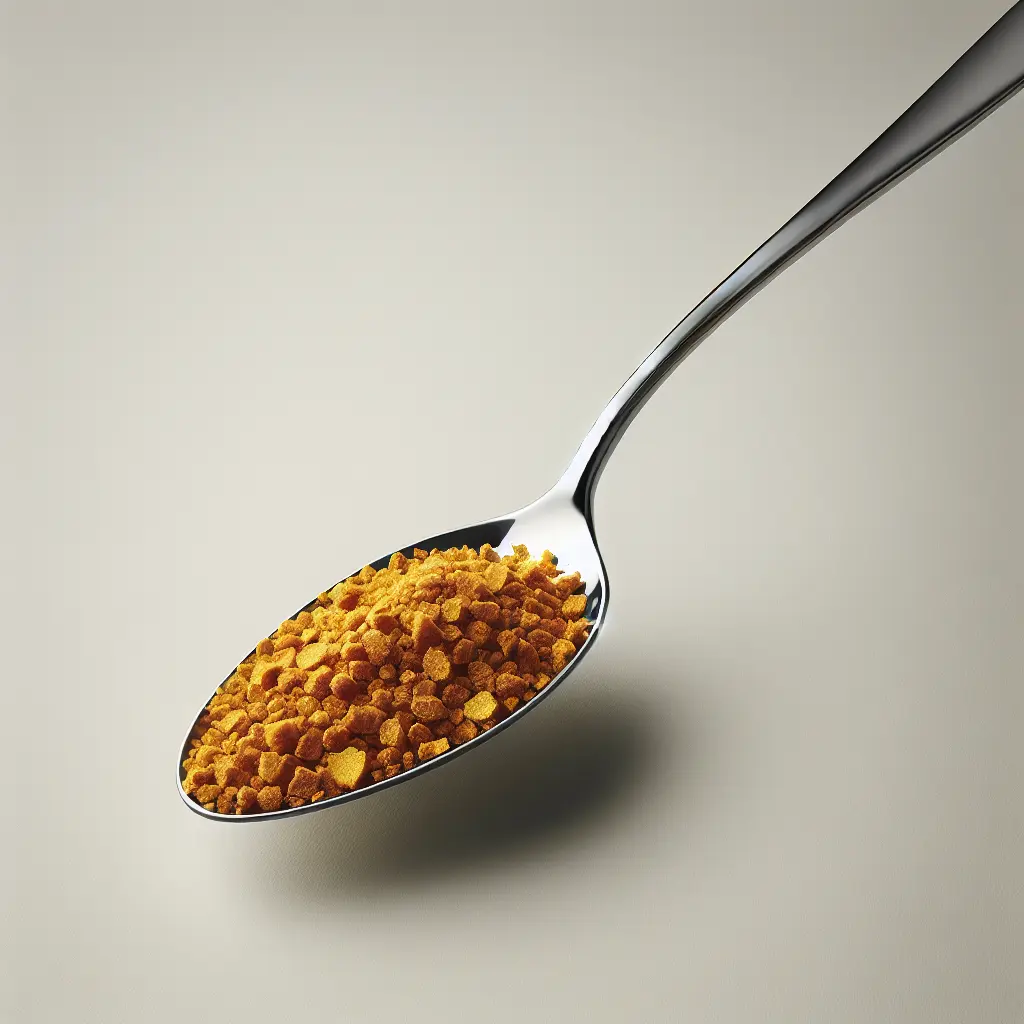Ginger: A Culinary and Medicinal Marvel
Ginger is a rhizome, a type of underground stem, of the ginger plant (Zingiber officinale). It is native to Southeast Asia and has been cultivated for thousands of years. Ginger has a long history of culinary and medicinal use, and its unique flavor and aroma have made it a popular ingredient in cuisines worldwide.
Culinary Uses of Ginger
Ginger's distinctive flavor and aroma complement a wide range of dishes. It is commonly used in sweet and savory preparations, adding a touch of warmth and spice without overpowering other flavors. Some of the most common culinary uses of ginger include:
- Fresh ginger: Sliced, grated, or minced fresh ginger adds a vibrant flavor to stir-fries, soups, stews, and curries.
- Ground ginger: Ground ginger is a versatile spice that can be used in baking, marinades, and spice blends.
- Ginger powder: Ginger powder is a more concentrated form of ground ginger, offering a more intense flavor.
- Ginger tea: Brewed from fresh or dried ginger, ginger tea is a soothing and flavorful beverage that can help relieve nausea and stomach ailments.
- Ginger candy: Crystallized ginger and ginger chews are popular confections that combine the spice's flavor with a sweet treat.
Medicinal Properties of Ginger
Beyond its culinary value, ginger has also been recognized for its medicinal properties. Traditional medicine has long used ginger to treat a wide range of ailments, and modern research has confirmed many of its health benefits. Some of the well-documented medicinal uses of ginger include:
- Anti-inflammatory: Ginger contains compounds called gingerols, which have potent anti-inflammatory effects. They may help reduce inflammation in the body, which can alleviate pain and improve mobility.
- Nausea and vomiting relief: Ginger has been shown to effectively relieve nausea and vomiting caused by motion sickness, morning sickness, and chemotherapy.
- Digestive aid: Ginger can stimulate the digestive process, helping to reduce bloating, gas, and indigestion. It may also help improve nutrient absorption.
- Immune booster: Ginger contains antioxidants and antimicrobial compounds that may help boost the immune system and protect against infections.
- Blood sugar regulation: Ginger may help regulate blood sugar levels by slowing down the absorption of glucose into the bloodstream.
Conclusion
Ginger is a true culinary and medicinal treasure. Its versatility and wide-ranging health benefits make it a valuable addition to any kitchen and medicine cabinet. Whether you enjoy it in a flavorful dish or brew a soothing cup of tea, ginger is sure to bring warmth, spice, and a touch of well-being to your life.
How many calories are in Ginger?
Each 1 tsp of Ginger contains 1.6 calories.
Ginger Nutritional Information
| Nutrient | Amount per 1 tsp (2g) |
|---|---|
| Calories | 1.6 Calories |
| Protein | 0g |
| Fat | 0g |
| Saturated Fat | 0g |
| Cholesterol | 0mg |
| Carbohydrates | 0.4g |
| Dietary Fiber | 0g |
| Sugar | 0g |
| Sodium | 0.0003mg |
| Potassium | 0.0083mg |
| Calcium | 0.0003mg |
| Iron | 0mg |
